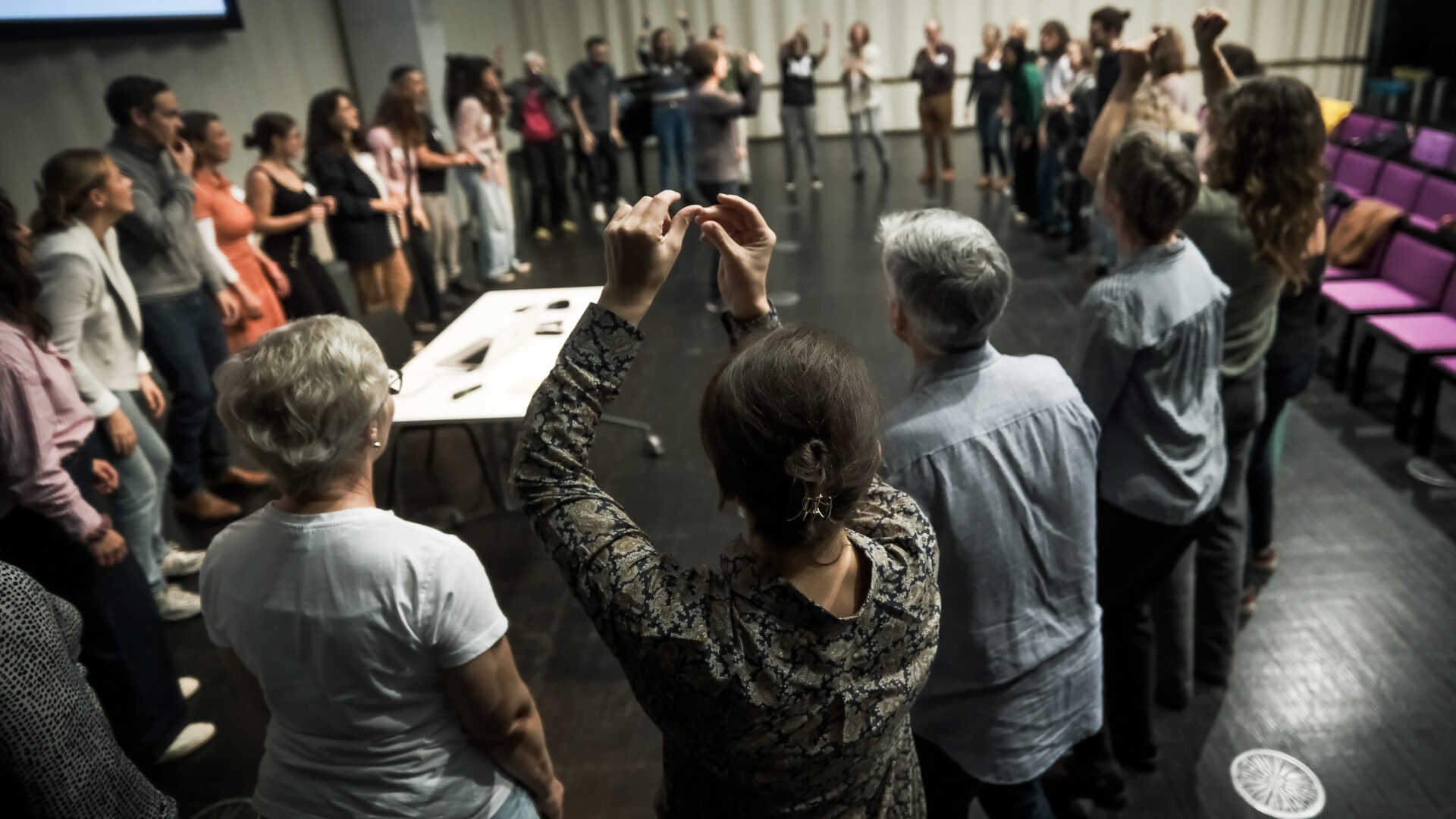
On 24-26 October, RESEO and Casa da Musica welcomed 75 international arts education professionals to Porto for the RESEO Conference 2024.
“Navigating the future: Creating sustainable engagement”, focused on the social responsibility of cultural institutions and the role of the arts in addressing future challenges, including environmental sustainability, participation in the arts for people living with disabilities and mental and physical wellbeing.
Read more
Participants in the conference included representatives from the education services of major cultural institutions and opera houses alongside arts companies and freelance artists from 25 different countries. The first edition of a mobility grant programme entitled “Europe and Beyond” enabled the participation of five young arts professionals from Serbia, North Macedonia, Turkey and Ukraine.
We want to extend a warm thank you to all those who joined us at the RESEO Conference 2024. Your active participation, ideas and engagement helped make the event a resounding success, and we look forward to seeing you again in Talinn next year!
Explore highlights, key materials, and speaker insights below!
Index
- Key takeaways
- Overview of participants
- Keynotes and presentations
- Workshops
- Case studies
- Delegate feedback
Key Takeaways
- Sustainable practice must consider production, audience, and community as interconnected. No single solution should be seen as a fix-all.
- Environmental sustainability should be viewed as an ongoing, adaptive process where arts organisations prioritise long-term impacts, not just meeting basic “green” standards.
- Organisations need to ask themselves which barriers are keeping minorities from full access to artistic participation, and what they are doing to address them.
- In-situ performances can enable us to reach new audiences, but to be effective, the space has to be artistically relevant to the work.
Who Was in the Room?
Institution profiles
Delegate profiles
Keynotes and presentations
Culture as a Climate-Neutral Sector
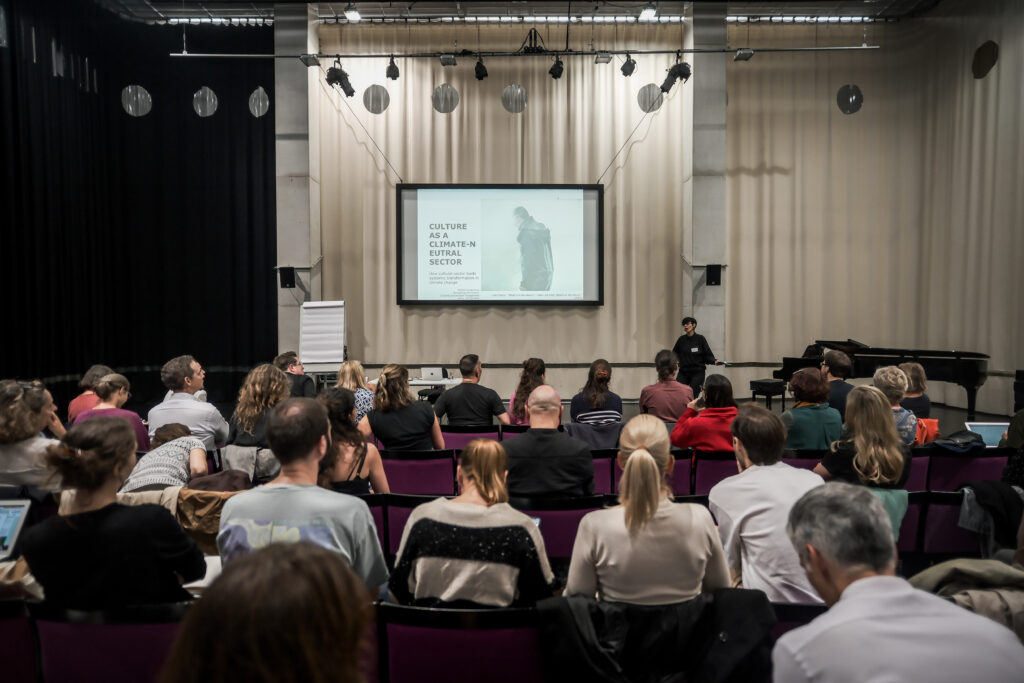
Dr. Dea Vidović, Expert in Cultural Policy and Management, Civil Society, and Philanthropy (Croatia)
The ecological crisis represents a global cultural emergency, challenging cultural heritage and rights while calling for decisive actions from the cultural and creative sectors.
Read more
Although these sectors generally have a lower carbon footprint, emerging data highlight their environmental impact. This underscores an ethical responsibility to change by rethinking business models and adopting practices rooted in ecological awareness. However, the sector’s fragility, limited support, and knowledge gaps impede this transition. Sustainable solutions must address geographic and resource disparities and pronounced income inequality, particularly affecting artists from the Global Majority, emphasising that environmental transformation in arts and culture must be deeply intertwined with creative climate justice.
Download presentation
Revitalising the performing arts
Gabrielle Bernoville, Policy Assistant Creative Europe, DG EAC - Education, Youth, Sport and Culture (Belgium)
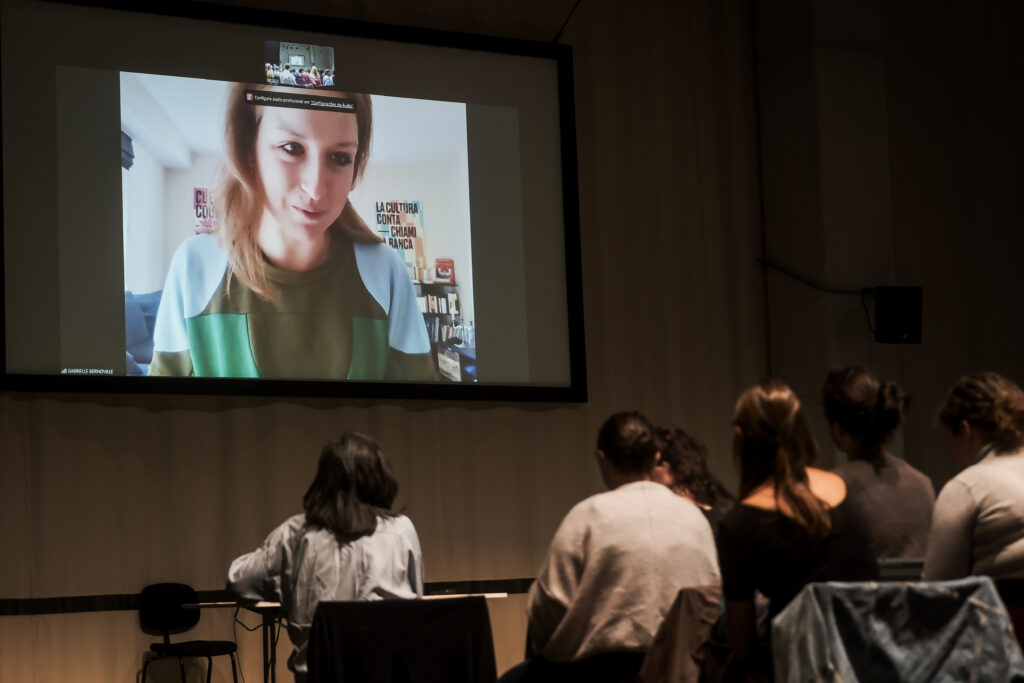
A presentation of the opportunities available to arts educators under the European Commission Creative Europe programme and the European institutional roadmap for the performing arts sector to become more sustainable, equitable and better equipped to face current and future challenges.
Download the presentation
Creating a sustainable impact: Development of social innovation business models
Nelson Vento, Social Innovator, Business Mentor (Portugal)
A discussion on co-creating tailored solutions for communities through human-centred innovation, navigating the future of arts education and creative learning through impact driven sustainability.
Opening up organisations for artists with disabilities and minorities
Anna Consolati, General Manager, Oriente Occidente (Italy)
Presentation of the “Europe Beyond Access” programme and an institutional perspective of working with professional artists living with disabilities.
Read more
The presentation invited participants to reflect upon how organisations could change and better serve their communities and ask themselves which barriers are keeping minorities from full access to artistic participation, and what they are doing to address them. More information: Oriente Occidente and Disability Arts International
Download the presentation
Autoritratto
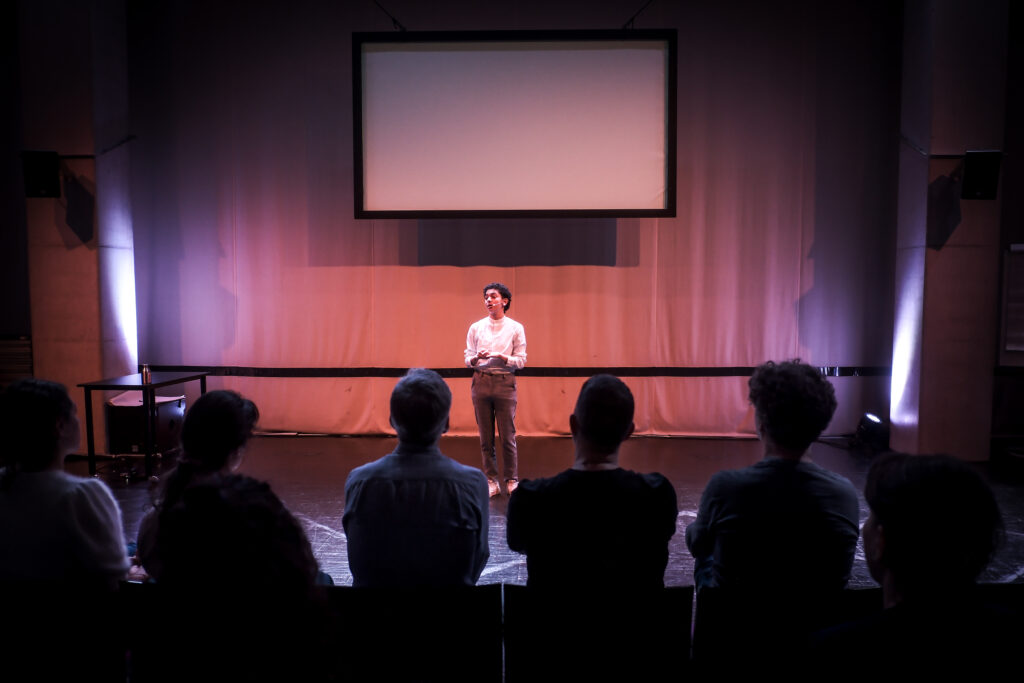
Diana Anselmo, Performer & Visual Artist, Activist (Italy)
In Autoritratto in tre Atti, deaf activist and performer Diana Anselmo narrates his experience by placing the gaze at the centre of the work: from the disabling gaze of those who look from the outside to the self-determined gaze of those who want to be the creators of their own story.
Workshops
Sustainable creativity: Making music from recycled instruments
Casa da Musica education team
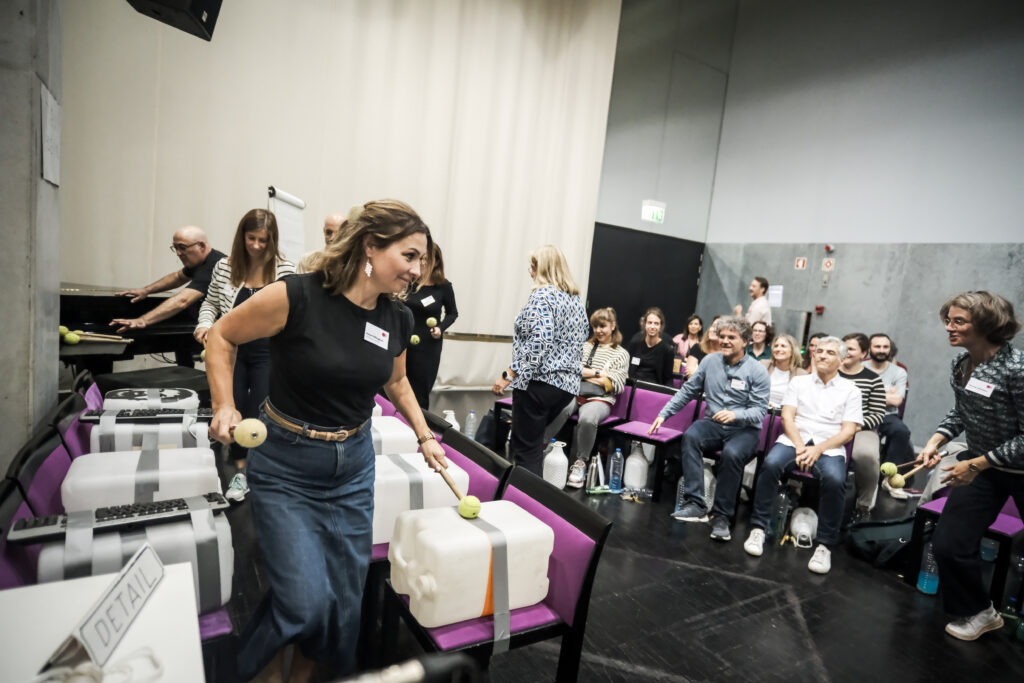
A popular, family-oriented workshop offered by the Casa da Musica education team, with participants provided with musical instruments made out of common household goods.
Creating sustainable communities
Mikko Laamanen, Research Professor of Sociology of Consumption, Oslo Metropolitan University (Norway) and Lucy Bradley, Director and theatre-maker (UK)
A peer-learning workshop exploring sustainability in the performing arts and aiming to understand and promote climate-conscious practices across the sector.
Download presentations
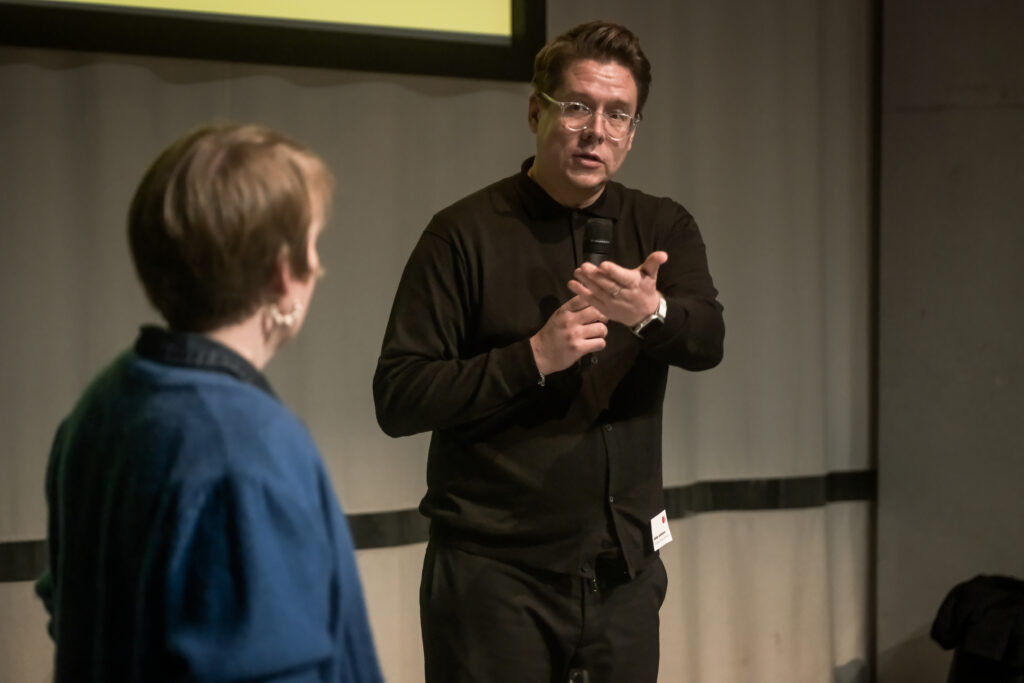
Co-creating the future of our network
Ariane Bieou, Cultural Advisor & Manager (France) and Müge Altay, RESEO Conference and Project Manager (France)
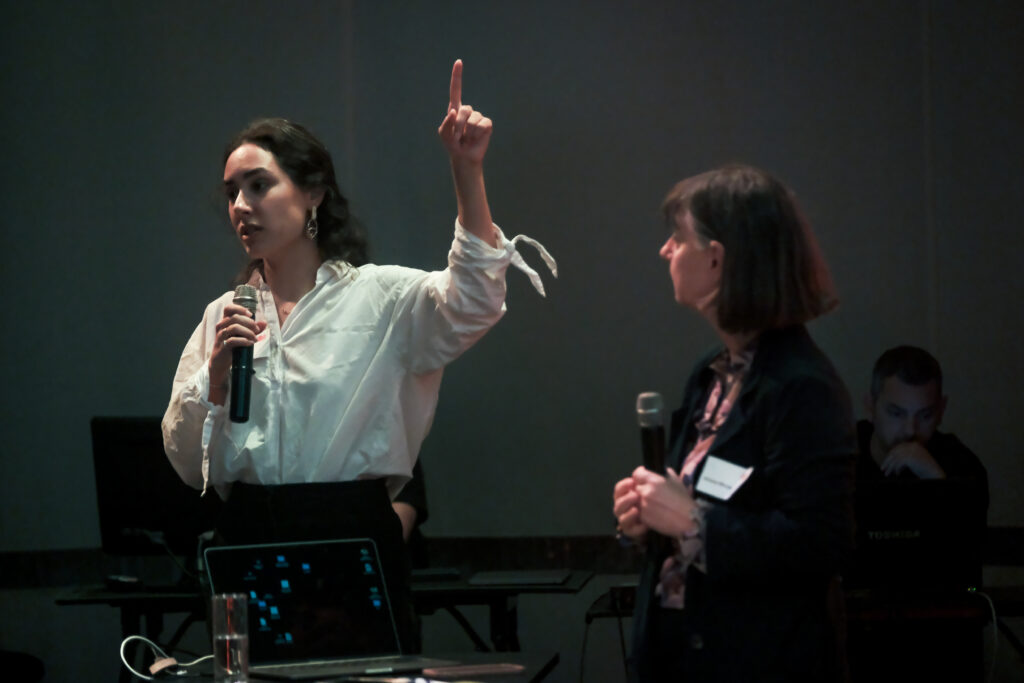
A participatory session in which RESEO members were invited to voice their needs and priorities for the future of the network.
Read more
Members highlighted the need for clearer communication around funding streams and discussed ways to expand local activities to a broader European level, including inviting European trainers to take part in local projects. Participants stressed the importance of maintaining RESEO’s social fabric, ensuring smaller companies feel valued and connected within the network. Hybrid and digital conference models were proposed to reduce travel demands and increase inclusivity, alongside enhancing visibility and accessibility to open RESEO events to a wider European arts education audience.
Evolving perspectives: From education to participation
Theresa Lafortune, RESEO Administrator and Researcher (France) and Roshnara Corby, RESEO Communications Manager (France)
The workshop explored a shift towards participatory engagement in the European arts education sector, questioning the use of the term “education” itself.
Read more
Through interactive sessions, participants explored terminologies used across cultural contexts and considered the impact of historical shifts, such as the emergence of education departments in European opera houses in the 1970s and their development in response to changing audience demographics and cultural values.
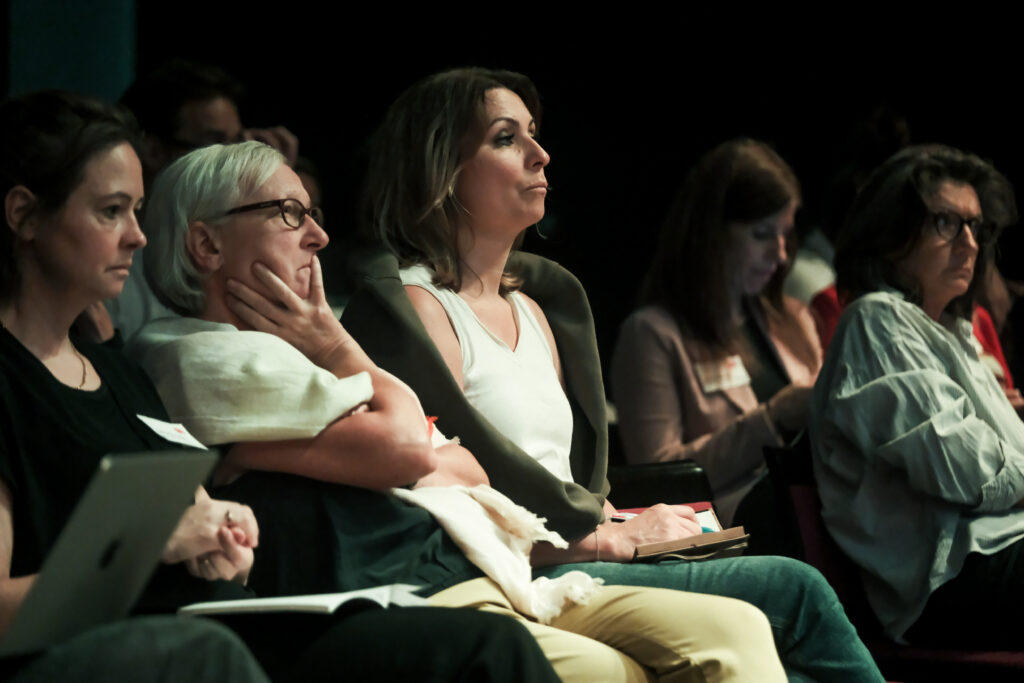
Working with communities
Helena Rodrigues, Co-founder, Compagnia de Música Teatral (Portugal)
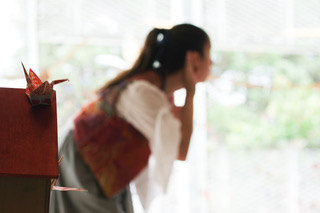
This workshop explored the role of artistic creation in promoting social and human development and the ways music serves as a universal language, fostering collective experiences and connections within communities.
Download the presentation
Case Studies

Homecoming
A movement research project exploring the adaptation process of Ukrainian refugees.
Details
Organisation: Free Limits (Ukraine)
Target group: Audience with migrational background, people with forced migration, and young people.
A movement and affect research project exploring the adaptation process of the Ukrainian refugees from the state of post traumatic disorder that manifests in the body due to war and violent events. This project, which was with real witnesses of war in Ukraine, demonstrates the intensity and struggle of the adaptation process and creating a safe home space. It was conducted through movement workshops and conversations with the participants.
Outcomes: The project provided a platform for unheard voices and facilitated personal expression, helping participants process their migration experiences.
Download the presentation
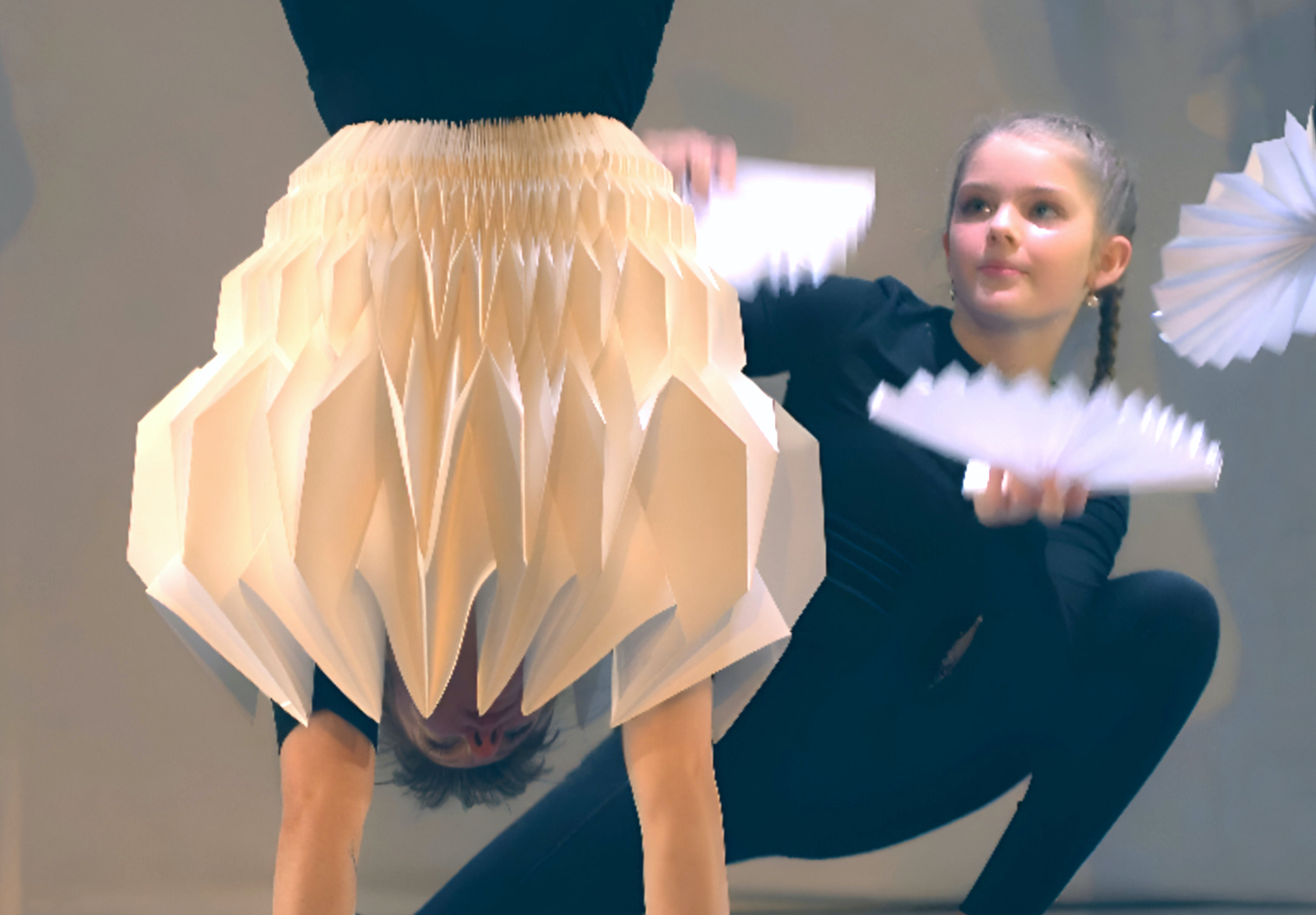
SALTICE Origami Opera
Strategies for facilitating international mobility of a young audience production.
Details
In this presentation, composer and producer Ruben Zahra strategically addressed the challenge of exporting music-theatre productions internationally. As a case study, Ruben shared content from his most recent production, the children’s “origami” opera SALT-ICE, which premiered in Austria in February 2024 and featured a unique aesthetic of origami paper sculptures. Ruben also referred to other productions, ranging from music-theatre to projects involving a full orchestra, including the KIRANA children’s opera, which has been presented in 20 countries over the past 10 years.
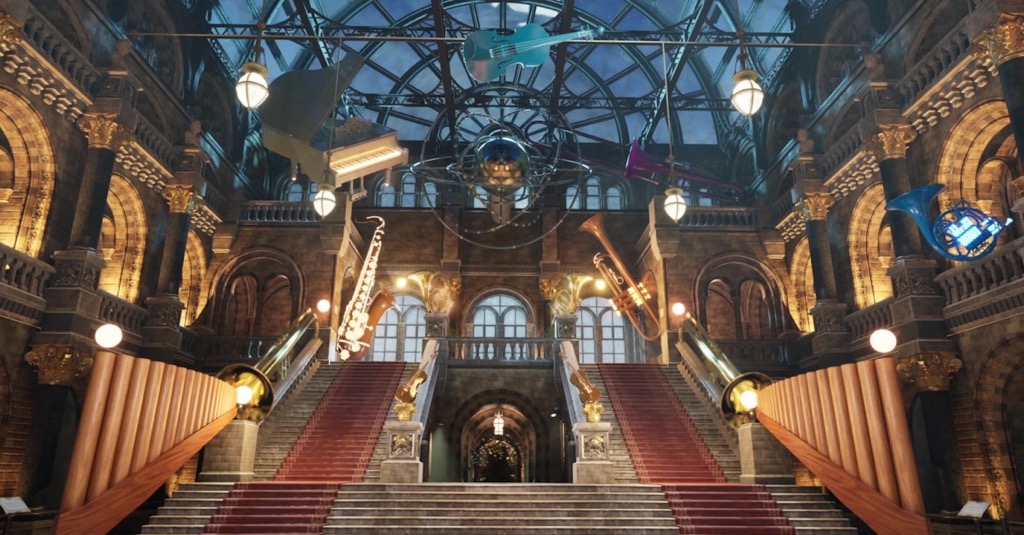
Fortissimo
A music education platform for learners and teachers.
Details
Organisation: Fortissimo (Italy)
Target group: Learners (age 6-16), music teachers, music departments from European opera houses and orchestras.
Fortissimo is a digital music education programme for young learners and teachers, offering fully planned music lessons, worksheets, and creative projects, all accessible in 12 languages. It also includes the Fortissimo Kids App for interactive learning (kids age 6-10) and "The Music House VR" for a virtual exploration of classical music (age 11+).
Outcomes: The platform successfully engaged music students and teachers across Italy. European funding allowed the team to establish partnerships with 24 institutions across 13 countries, including many European opera houses and orchestras.
Download the presentation
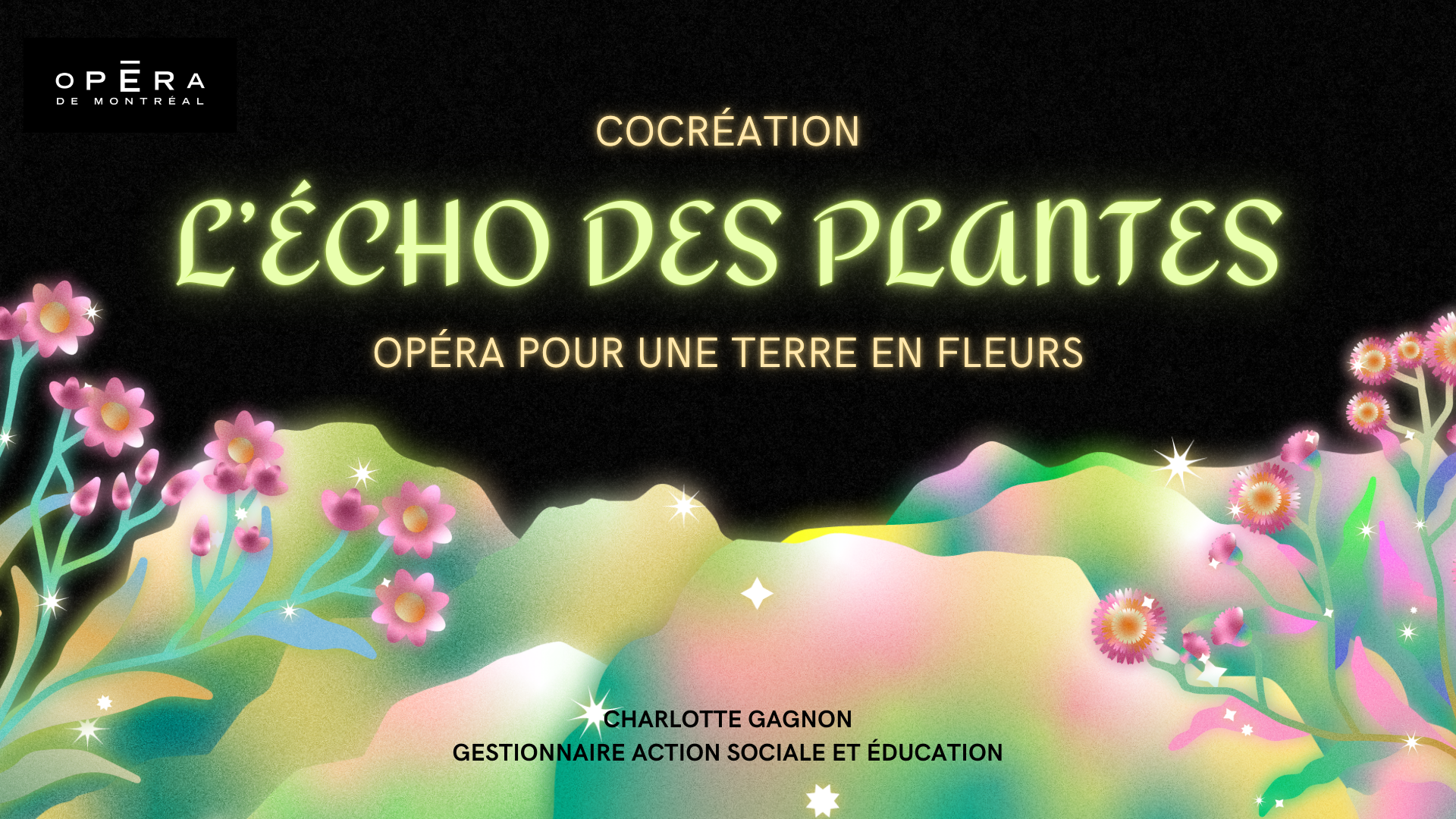
L'écho des plantes
A mini-opera around ecology and the links between humans and their environment.
Details
Organisation: Opéra de Montréal (Canada)
Target group: Secondary school students (ages 13-16)
A group of secondary school students are experimenting with the process of co-creating a mini-opera on the theme of ecology and the relationship between humans and their environment. The opera's soundtrack is generated by signals taken from plants typical of Canadian flora and transformed using artificial intelligence.
Download the presentation
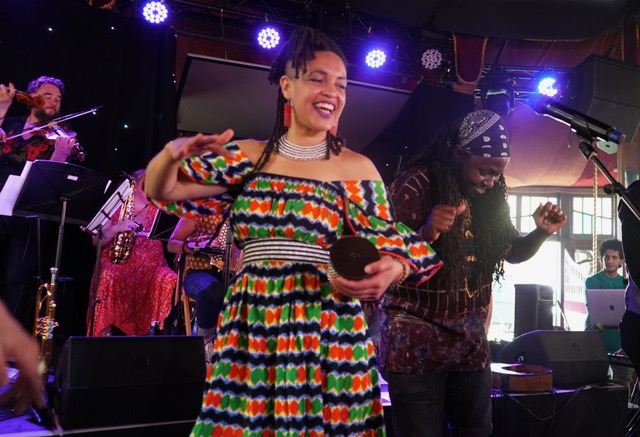
One World Orchestra
Engaging asylum seekers and local people in musical activities.
Details
Organisation: Darren Abrahams/One World Orchestra (UK)
Target group: Asylum seekers living in temporary accommodation
A long-term community development programme in Crawley, West Sussex. The project engages asylum seekers and local people in musical activities in order to build new connections. Activities included open music workshops for adults and children, community music events, identification and support of displaced artists and concerts by One World Orchestra.
Outcomes: Improved mental health, new relationships formed, and the creation of new cultural experiences for participants.
Download the presentation
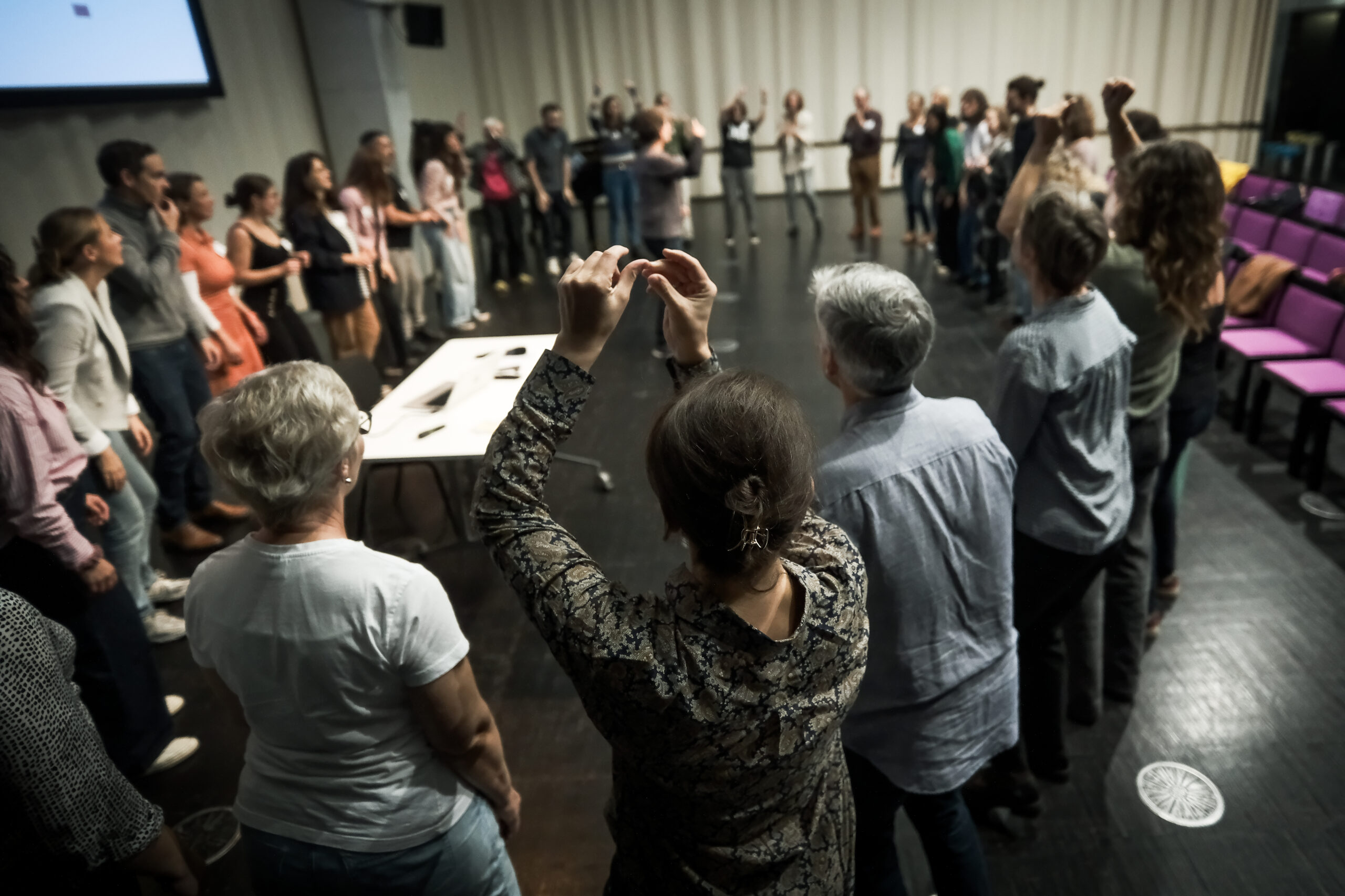
Choreographic Thinking
Translating both individual and collective body knowledge.
Details
Organisation: Katrin Kolo (Germany)
Target group: Adults mainly with non-artistic backgrounds and mixed groups (artists and non-artists)
Choreographic thinking utilises and translates individual body knowledge and that of the ‘ensemble’ body of the group to work on complex dynamic issues and develop innovative solutions and new ideas. The movement-based artistic approach is used to find solutions for topics beyond the arts world. The programme offered workshops addressing a predetermined topic, problem, consisting of iterations of choreographic exercises and verbal reflections.
Outcomes: New perspectives, innovative ideas, and familiarity with a non-verbal movement-based approach in everyday situations.
Download the presentation

1984-2024 Création Musicale
Co-creation of a libretto with nine professional artists and 60 participants.
Details
Organisation: Festival d'Aix-en-Provence (France)
Target group: Teachers and schoolchildren, senior citizens, adults with special needs and migrants.
A collective creation project celebrating the 40th anniversary of the Orchestre des jeunes de la Méditerranée. Throughout a ten-day creative residency across four educational and medico-social institutions in Aix-en-Provence and Marseille, nine artists from the Orchestre co-created a libretto with other sixty participants based on their personal experiences.
Outcomes: Intergenerational connections and visibility to groups of people who are rarely represented on stage. Elderly residents formed a tight-knit community after participating, and the school is considering involving them in intergenerational reading and poetry workshops.
Download the presentation
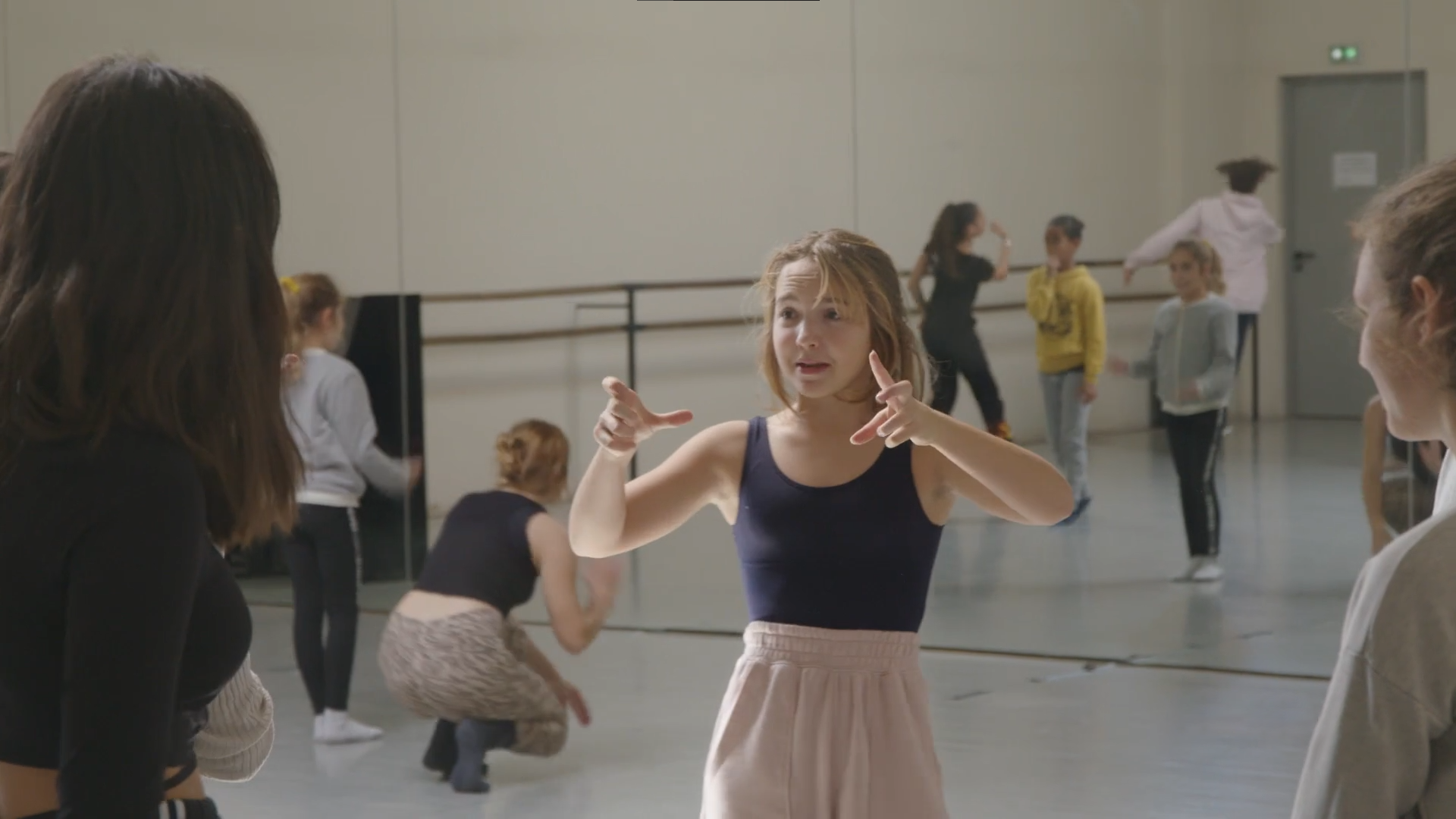
Coup de ballet dans les musées
Creating and performing a shared narrative based on a museum experience.
Details
Organisation: Ballet de danse physique contemporaine (France)
Target group: Schools, starting from year CE2 (age 8), cultural centres
An intensive week-long experience where young participants used Contemporary Physical Dance to create and perform a shared narrative based on their museum experience and emotions. They presented the choreography at school, in the museum, or a performance venue. The method won the 2022 Art Explora European Prize for its innovation in making art and culture accessible.
Outcomes: Pupils learned to express themselves, accept the views of their peers, and gained greater understanding of cultural institutions.
Delegate Feedback
"It was a well-structured and organised event with great atmosphere and professional environment."
"Every conference is a unique moment. It's very important for me to be part of it each year because it's so inspiring to share practice and to meet colleagues from all over Europe."
"Inspiring conference, inspiring place, inspiring people."
"I loved the experience and got home more inspired than ever."